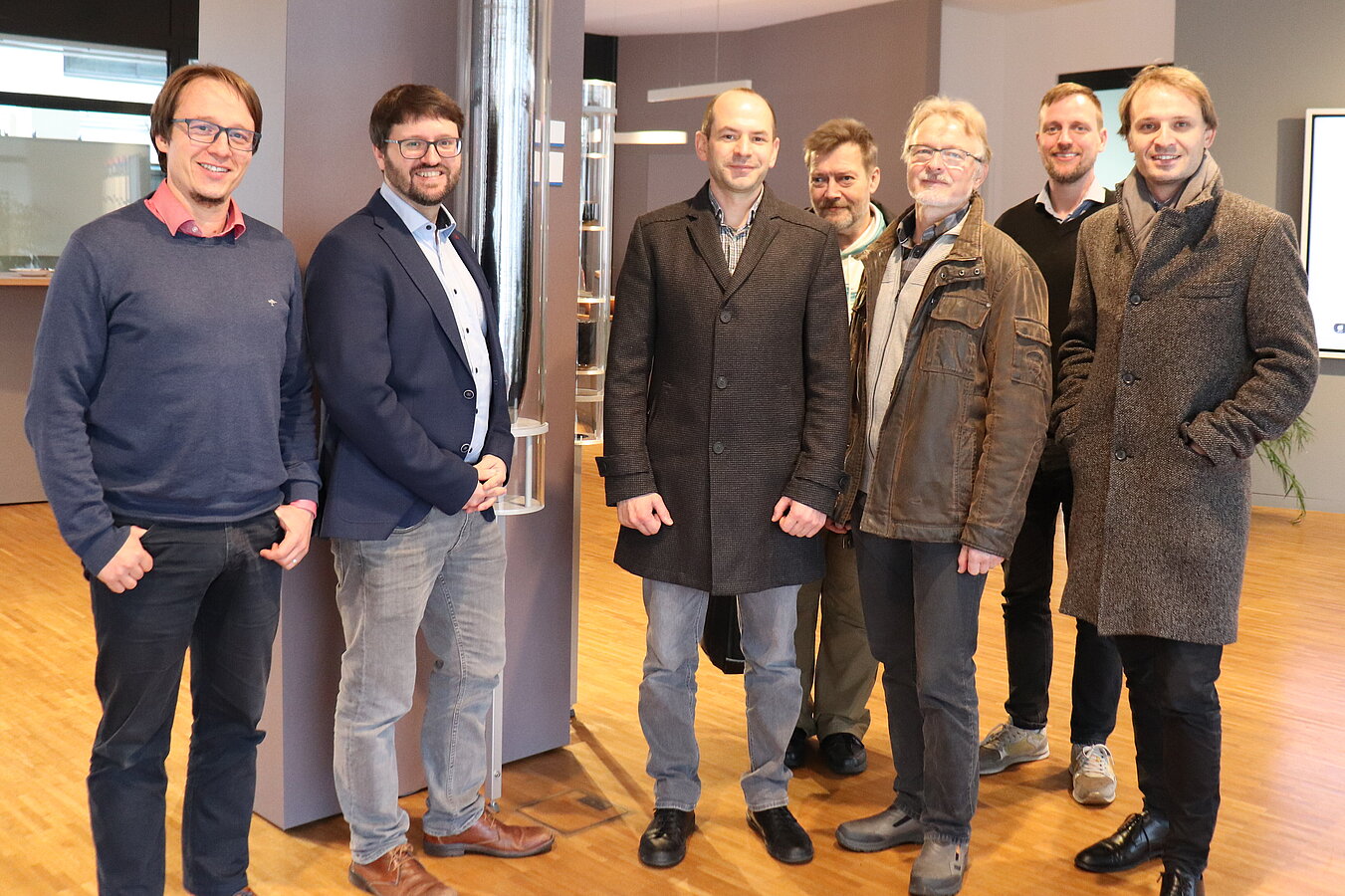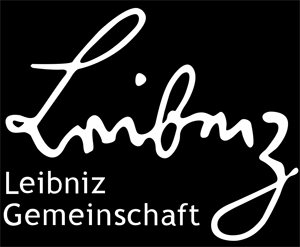The challenges involved in scaling up quantum computers and technologies are considerable. Superconducting circuits, which are currently regarded as a key technology in quantum technology, are limited by energy losses and the high space requirements of conventional microwave components. MagSQuant aims to overcome these barriers by developing novel materials that enable low-loss, miniaturised and integrable components. These components will be based on magnetic and superconducting circuits and thus open up new possibilities for the production of high-performance quantum systems.
In order to realise the vision of hybrid integration of miniaturised magnetic and superconducting circuits, the project partners are researching new material solutions. One key element is the development of magnetic thin films that exhibit long-lasting magnetic excitations - so-called magnons. These materials will be based on a special oxidic substrate- thin-film system that guarantees a particularly long magnon lifetime at the ultra-low operating temperatures of superconducting circuits. The use of high-purity zone-melted silicon substrate crystals will also improve the relaxation times of the superconducting quantum bits and thus increase the efficiency and stability of the quantum technology based on them.
By providing these new materials, MagSQuant is making an important contribution to the further development of quantum technologies. On the one hand, the materials developed within the framework of MagSQuant promote the scalability and performance of quantum systems for industrial applications and, on the other hand, they open up new application possibilities for gas-phase epitaxy layers and liquid-phase epitaxy. The results from MagSQuant are of great interest to numerous users of superconducting quantum circuits and magnetic excitations, as they enable improved overall performance.
The joint project is coordinated by the Leibniz-Institut für Kristallzüchtung (IKZ) in Berlin and its partners include the Association for the Promotion of Innovation through Research, Development and Technology Transfer e. V. (INNOVENT e.V.) in Jena, the University of Kaiserslautern-Landau (RPTU) and the Friedrich-Alexander-Universität Erlangen-Nürnberg. The coordinator is Dr. Christo Guguschev from IKZ.
With the development of low-loss materials and highly integrated components, MagSQuant represents an important foundation for the future of quantum technology and offers new perspectives for the development of robust and efficient quantum computers. The project team expects that the research results will not only be used in fundamental science but also in industry and have the potential to have a lasting impact on German and international research in quantum technology.
Contact
Leibniz-Institut für Kristallzüchtung (IKZ)
https://www.ikz-berlin.de
Dr. Christo Guguschev
Phone: +49 (0) 30 / 6392-3124
Phone: +49 (0) 30 / 246-499-417
Email: christo.guguschevikz-berlin.de


